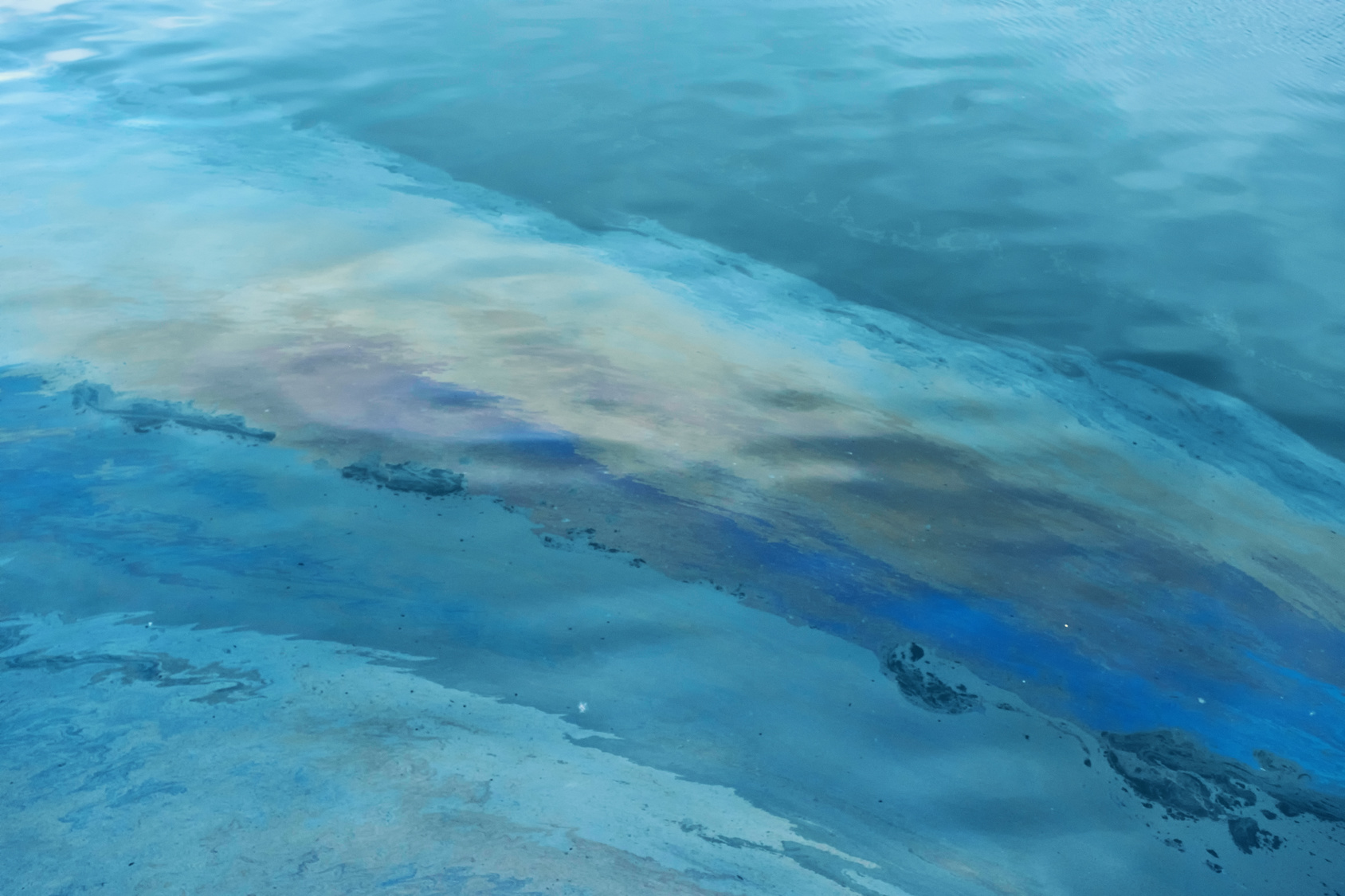The infamous Deepwater Horizon oil spill trial started its final phase last week as courts in New Orleans began the process of determining the fine to be handed out. It is no surprise that oil giant BP must pay. Five years ago one of their wells had a blowout that made news around the world when 11 men were killed and the worst environmental disaster in American history was spawned. United States District Judge Carl Barbier had the tough job of hearing arguments from government lawyers and the oil company. BP could be liable for fines as high as $13.7 billion in relation to their violation of the federal Clean Water Act from the April 20, 2010 incident in the Gulf of Mexico. The accident, involving a crippled drilling apparatus, captured a horrified audience around the world as the rig eventually pumped millions of barrels of crude oil into the gulf damaging the delicate ecosystems, killing animals and causing tremendous damage. As the frightening events played out, tar balls from the accident washed up on beaches from Texas to Florida, and the fragile wetlands in and around Louisiana were dramatically ruined. Wildlife suffered significant damage, commercial fishing was devastated, tourism and public health suffered at the hands of BP. However, many people were stunned at how the Britain-based energy company handled the trial. From the beginning, BP has challenged the federal government's assertions that it is responsible and often portrayed itself as a victim. The oil company has also attempted to garner sympathy by complaining that its company coffers have been completely drained by false claims from victims up and down the coast line near the accident. In other related proceedings, the infamous oil company said okay in 2012 to a $4.5 billion dollar criminal settlement with the Justice Department for the same incident. This included a payout of $525 million for charges that BP lied to investors during the investigations following the spill. The federal trial, largely being decided under maritime law, has no jury and is being played out in three phases over 2 1/2 years. The primary part of the trial determined who was to blame for the enormous spill. The second portion of the trial attempted to determine the quantity of oil that escaped the well during the incident. During the current phase of this highly complex trial, Judge Barbier will utilize many parts of the Clean Water Act, when looking at the severity of the spill, the parties involved, the damages, the amount already paid in fines and clean-up, BP's safety history and mitigation efforts during the incident. BP has long emphasized the immensity of its cleanup efforts. The company claims it has spent more than $14-billion to hire thousands of boats to skim oil from the gulf and thousands of cleaning contractors to remove tar from involved beaches. Moreover, $43 billion was set aside for spill-related costs and associated lawsuits. In a significant development, Judge Barbier ruled last week that 3.19 million barrels of oil poured out of the Macondo well. This determination was particularly interesting because it was substantially lower than the government’s and an increase from the amount that BP claimed had escaped its well. The spill amount is an important number because it will be used to determine the fine, which could end up costing the oil company as much $4,300 per barrel of oil spilled. In another crucial piece of the trial, Judge Barbier ruled that during the incident and days following, BP acted with “gross negligence and willful misconduct”. This is an important determination because it allows the company to be issued maximum fines. Experts believe that this will be the largest environmental penalty in the history of oil spills. The previous record was held by Transocean Ltd. in 2013. The fine that had the distinction of being highest was $1 billion. Regardless of the outcome, legal observers expect BP to appeal the decision. This could potentially mean up to five more years will be added to the already long proceedings. BP is still wading through thousands of claims from private parties and another federal environmental damage claim related to the incident in 2010.
The Team At J. Price McNamara Can Help You With Your Case
The BP case may be a large and extremely complicated maritime law case. However, everyday, thousands of smaller maritime cases play out across the U.S. and Louisiana. If you or a loved one has recently suffered from a maritime related injury, you may be entitled to monetary compensation. To get the money you deserve, you need an experienced and aggressive personal injury attorney. J. Price McNamara has been practicing law in Louisiana for many years and has handled many maritime law cases. The legal team at J. Price McNamara ERISA Insurance Claim Attorney is here to help you with your case today. Call our offices to schedule a free case review now and get our team working for you. The law limits the amount of time you have to file your case, so do not delay!



